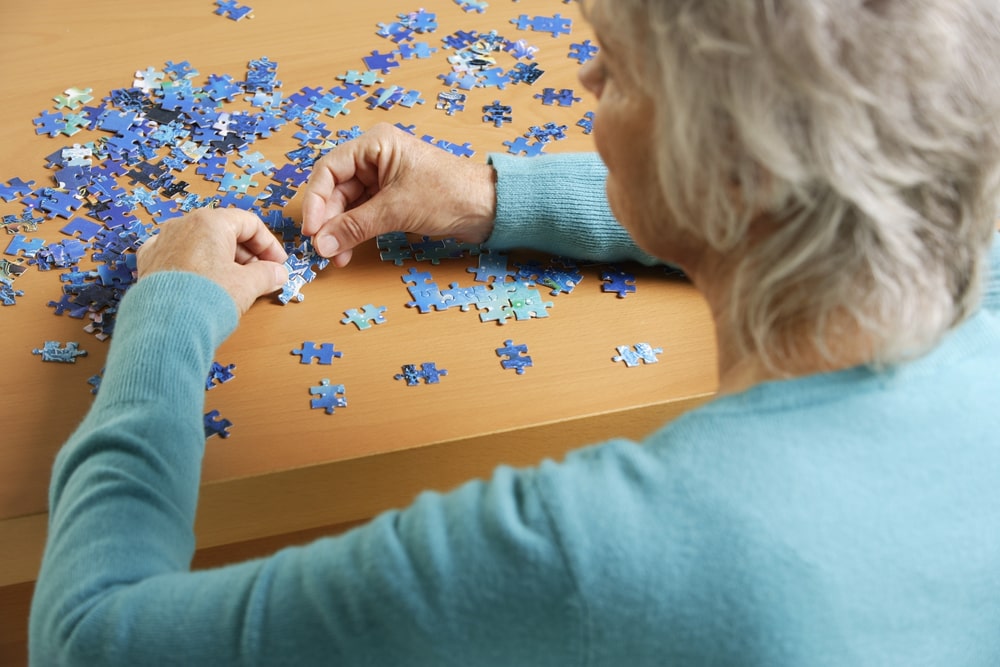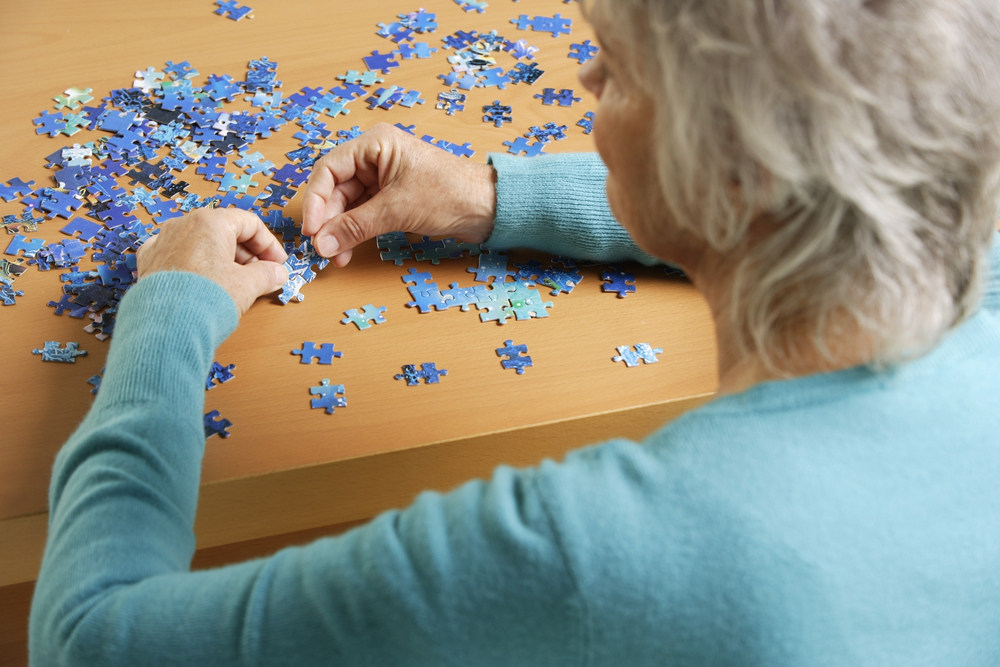Activities and Lifestyle Changes that Can Help Slow Dementia

 Dementia is a devastating condition that affects millions of people worldwide, robbing them of their cognitive abilities and independence. While there is no cure for dementia or a way to reverse its progression, current research suggests that certain activities and lifestyle changes may help slow down its advancement. It is important to note that these recommendations are not guaranteed to improve outcomes, but they offer a ray of hope and potential benefits for individuals living with dementia. In this article, we will explore some of these activities and lifestyle changes based on the latest research.
Dementia is a devastating condition that affects millions of people worldwide, robbing them of their cognitive abilities and independence. While there is no cure for dementia or a way to reverse its progression, current research suggests that certain activities and lifestyle changes may help slow down its advancement. It is important to note that these recommendations are not guaranteed to improve outcomes, but they offer a ray of hope and potential benefits for individuals living with dementia. In this article, we will explore some of these activities and lifestyle changes based on the latest research.
Cognitive Stimulation
Engaging in cognitive activities can be a powerful way to slow down dementia progression. Research indicates that mentally stimulating activities, such as puzzles, crossword puzzles, Sudoku, and brain-training games, may help preserve cognitive function. These activities challenge the brain and encourage the formation of new neural connections, which can be particularly beneficial in the early stages of dementia.
Physical Exercise
Regular physical exercise has been shown to have numerous benefits for both physical and cognitive health. Studies suggest that exercise can improve blood flow to the brain, reduce inflammation, and enhance the release of neuroprotective chemicals. Activities like walking, swimming, and yoga can help individuals with dementia maintain mobility, reduce the risk of falls, and potentially slow down cognitive decline.
Social Engagement
Maintaining social connections is essential for emotional well-being and cognitive health. Engaging in social activities, such as joining clubs, attending support groups, or spending time with family and friends, can help individuals with dementia stay connected to their communities. Social interaction can also provide cognitive stimulation and emotional support, which may contribute to slowing down dementia progression.
Healthy Diet
A balanced and nutritious diet is crucial for overall health and may have a positive impact on dementia. Research suggests that diets rich in fruits, vegetables, whole grains, and lean proteins may reduce the risk of cognitive decline. Antioxidants and omega-3 fatty acids found in foods like berries, fish, and nuts may have neuroprotective effects. Maintaining a healthy weight and managing conditions like diabetes and high blood pressure through diet can also be important for dementia prevention. At The Sarah House, we offer healthful nutrition options that can be customized to meet the needs of each resident on an individual basis, including our Alzheimer’s and dementia patients.
Adequate Sleep
Quality sleep is essential for cognitive function and overall well-being. Poor sleep patterns, such as insomnia or sleep apnea, can contribute to cognitive decline in individuals with dementia. Establishing a regular sleep schedule and addressing sleep-related issues through lifestyle changes or medical intervention may help improve cognitive outcomes.
Stress Management
Chronic stress can have detrimental effects on brain health and exacerbate the symptoms of dementia. Stress management techniques, such as mindfulness meditation, relaxation exercises, and deep breathing, can help reduce stress levels. Additionally, a supportive and calming environment can enhance the well-being of individuals with dementia, potentially slowing down the progression of the disease.
Medication Management
For some individuals with dementia, medication management can play a crucial role in slowing down the progression of the disease. Medications such as cholinesterase inhibitors and memantine may help improve cognitive function and manage behavioral symptoms. However, the use of these medications should be carefully considered and monitored by healthcare professionals, as their effectiveness can vary from person to person. Our experienced staff members also help to ensure residents are taking all prescribed medications in the proper amounts and at the proper times.
Brain-Healthy Supplements
Certain dietary supplements, such as vitamin E, vitamin B, and omega-3 fatty acids, have been studied for their potential neuroprotective effects. While research on the efficacy of these supplements in slowing dementia progression is ongoing, it is essential to consult with a healthcare provider before adding them to one's daily regimen to ensure safety and proper dosage.
Learn How The Sarah House Cares for Residents with Dementia
While there is no cure for dementia and no guaranteed way to reverse its progression, engaging in the activities and lifestyle changes mentioned above may help slow down cognitive decline in individuals living with the condition. These recommendations are based on current research and offer hope for maintaining cognitive function and quality of life for as long as possible.
It is important to emphasize that each person's experience with dementia is unique, and what works for one individual may not work for another. Therefore, a personalized approach to care and support is essential. Healthcare professionals, caregivers, and individuals with dementia should work together to develop a comprehensive plan that takes into account the individual's specific needs and preferences.
If you or a loved one are seeking care and support for Alzheimer's or dementia, consider reaching out to The Sarah House. We specialize in providing compassionate and person-centered care for individuals living with dementia. Our team of experienced professionals understands the challenges and complexities of dementia care and is dedicated to improving the quality of life for our residents. Contact The Sarah House today to learn more about how we can support you and your loved ones on this journey.